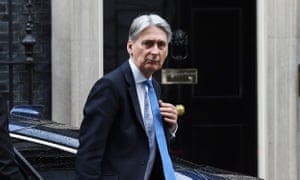
The Treasury has published a consultation on reforms to the VAT refund rules.
Under the current VAT rules, government departments, devolved administrations, the NHS and Highways England are eligible for VAT refunds under Section 41 of the VAT Act 1994.
However, unlike commercial organisations, public sector organisations do not carry out business activities and therefore cannot reclaim VAT incurred on the goods and services they purchase.
The Treasury believes that VAT could act as a barrier to using more efficient and effective means of delivering a desired policy outcome. Section 41 was introduced to remove VAT from being a factor in decision making and enables the public sector to focus on making procurement choices that reflect true value for money for the Exchequer.
The Treasury is seeking to extend the scope of Section 41 to permit full refunds of the VAT incurred on all goods and services incurred during the course of non-business activities for those organisations currently falling within the scope of the Section.
The consultation closes on 19 November 2020 and the policy paper can be found here.













